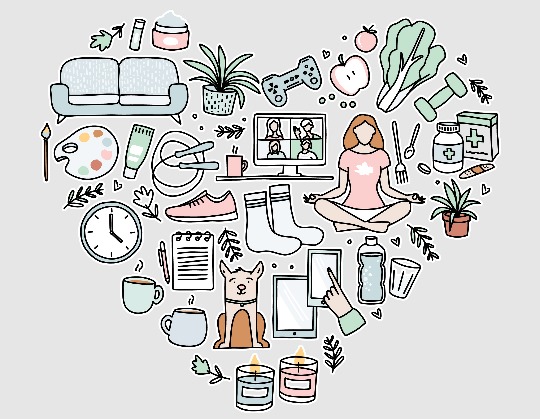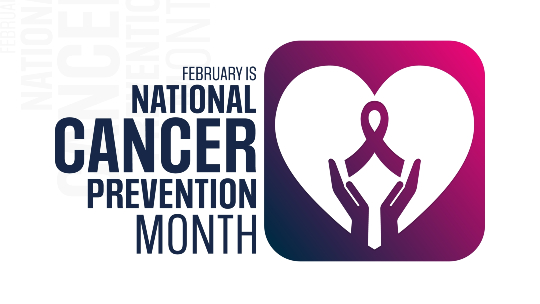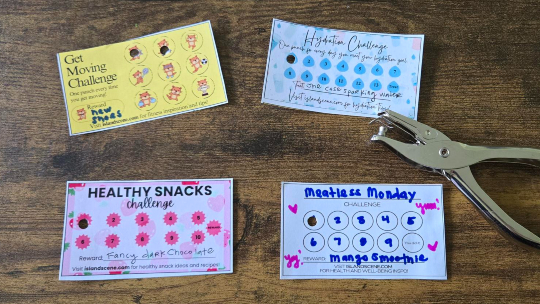If you Google “self-care,” you’ll find all kinds of expensive beauty and wellness trends ─ jade rollers, celebrity routines, personal grooming tools. There’s self-care for parents, self-care for men, even self-care satire. But before you decide that self-care has jumped the shark, know that it can be a valuable way to improve your health. And it doesn’t have to have anything to do with bubble baths or spin class.
So, what is self-care?
Tara Lavery has spent more than 20 years as a massage therapist and yoga educator helping clients and students practice self-care. “True self-care is very simple in theory but not necessarily easy to do. Most of us inherently know how to be healthy and what's best for us but our current culture isn't set up to support that,” says Lavery. “Often we have to go above and beyond to make these things happen for ourselves and take responsibility for our own well-being. Once these practices become a natural part of our schedules and we feel the positive impact, they require less effort to maintain.“

Self-care works by lowering your stress hormone, cortisol, and increasing your mood regulation and reward hormones, serotonin and dopamine. Lavery says that to her, self-care simply means her relationship to her health and well-being. But those look a little different to everyone and require taking a close look at different facets of your life. Your mental and emotional health can positively or negatively affect your physical health, your work, and your relationships. The reverse is also true. Satisfaction in any category has a lot to do with your perspective.
“I think the biggest missing piece is our internal dialogue. We're often led to believe self-care is an external practice, like spa days or expensive luxurious treatments. These can be lovely additions, but the way we talk to ourselves is crucial,” says Lavery. “More and more research is proving our state of mind and perception can positively or negatively impact our health, as well as who we surround ourselves with and their state of mind.”
Ready to start your own self-care practice? Here are a few ideas from Lavery to get you started.
Think about the things you truly enjoy that create a positive cycle in your life and build from there. Here are a few practices you can add to your day:
- Move your body daily. Find movement that feels good such as yoga, walking, dancing, biking, or qi gong.
- Enjoy nature. Try sitting, standing, or walking, lying the grass, standing barefoot in the sand, looking at the sky, trees, and birds, or soaking up the sun for a short time with sun protection.
- Let it out. Journaling or talking into your phone memos can help you see things from a different perspective.
- Meditate daily. Start with five to 10 minutes and add from there. Lying or sitting still for five minutes and focusing on slow, deep breathing and relaxing can positively impact your entire day. There are tons of great apps to use when beginning meditation.
- Play! Do something fun just for yourself. Surfing is Lavery’s go-to, but she says having a five-to 10-minute dance party works when you're short on time.
- Nurture your body. If you have access to holistic modalities like acupuncture, massage, or chiropractic care, these can reduce pain, stiffness, inflammation and overall fatigue from daily life and activities.
- Consume mindfully. Being mindful of what you eat, watch, read, who you spend time with, how much you move, are all self-care within your control.

Tara Lavery is a Licensed Massage Therapist and Yoga and Meditation teacher. She is currently on sabbatical in Costa Rica.




